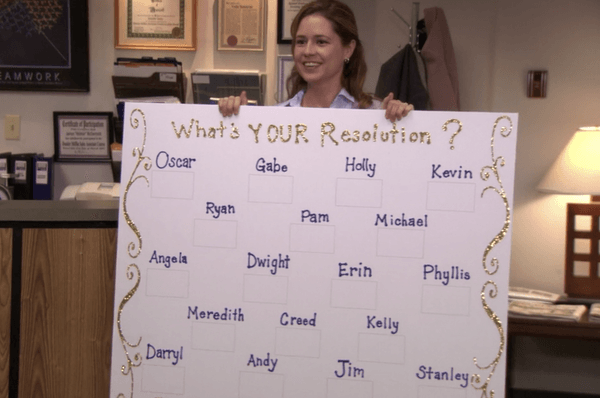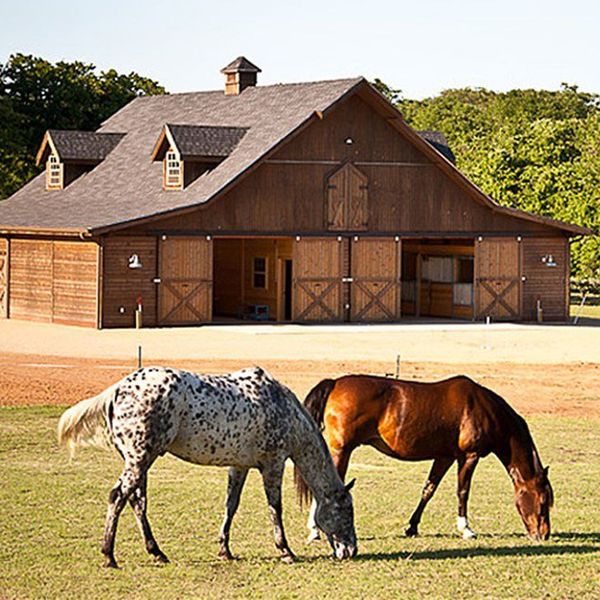When I was a toddler, I was put in almost every sport there was. At the end of all my trial runs, I decided that tennis was the sport for me. Through my years of playing tournaments, here are some of the things I learned about how to be a good athlete, not only in skill but in attitude as well.
1. Be gracious
This was the hardest and most important lesson to learn. I used to get in my head a lot when I played, even at practice. One day, my sister came to pick me up, and she saw the end of the practice. When I got in the car she said "You played well out there" (or something to that effect) to which I, being very unhappy with my playing, said "No I didn't." She then clapped back at me, saying that it is incredibly rude to disagree someone who compliments you. In doing this, you are saying they are wrong and nullifying what they thought. (She had of course been given this same lecture by our mom who had witnessed her do the same exact thing a few years prior.)
I didn't realize I was being rude to anyone but myself, but what she said made a lot of sense. From that day on, no matter how terribly I played, when I got off the court, I only said thank you to people who complimented my playing, for everyone is entitled to their opinions about how I played.
2. Leave the competition on the court (or field)
For four summers I went away to a tennis academy for about a month. I got to be with some of the greatest junior tennis players in the country. It always amazed me how competitive these amazing players were with each other on the court, but then best friends off the court. When they played, it seemed like the only thing that mattered was winning, but when the end of the match came, they shook hands and watched a movie together. This taught me that no matter how competitive with tennis I may have gotten in the future, I could never justify losing a friendship over the game. I am happy to say I never did.
3. Hissy fits don't win games
Getting mad during a match is a hard habit to break, trust me. I still hit myself in the leg with my racket when I miss a shot. My coach, my mom, and even my friends have told me time and time again that getting angry on the court solves nothing. I am a logical person, so I understand that, but it seems impossible to remedy. That being said, I am completely wrong. Rage on the court may seem impossible to remedy, but there is still no excuse to having a hissy fit on the court. It is only embarrassing and harmful to one's legs. I have been improving over this past year, as I have a great club tennis team who supports me even on my worst tennis days. But honestly, I am mostly just embarrassed to get too angry in front of them.
4. Take every opponent seriously
Everyone has a story about losing to that person or team that they should never have lost to, and most of the time it's because they didn't take their opponent seriously. The body language of not taking an opponent seriously is a lot like cyber-bullying. You are basically telling them that you think they suck, but you don't have to say it straight to their face. Still, they hear your message loud and clear, and it's very hurtful. I have been on both sides of this.
Let me tell you, being the underdog is wonderful. I once lost the first set to a girl 2-6 and was down in the second set 0-4 when I came back to win the match. I was so happy I could have quit the sport right there and been content with my career. I was especially excited because I knew exactly how she felt, as I have lost to a girl who had just seemed to pick up a racket for the first time the week before. It is a truly heartbreaking feeling, and it's almost always avoidable if you just take them as seriously as you would anyone else.
5. Love your team and make sure they love you back
High school tennis teams are, to put it as lightly as possible, mostly forgotten. No matter how many state championships the tennis team may win, the football and basketball teams always seem to take the cake. At pep rallies, the basketball team puts on a dunking show, followed by a 10-minute introduction of the tennis swimming, softball etc. teams, which is then followed by yet another dunking show. Now, I have nothing against football and basketball players; they are amazing athletes, but it can be hard for a team to really care about one another when it seems like no one even cares about them.
This was the case for a lot of the girls on my high school team. They seemed disinterested in bonding with the rest of the girls, because they already had their own friends, and they were just here to play tennis. You can get away with this attitude and still win state championships in tennis because all that technically matters are the individual skills of the players. But, this attitude made it far less fun to be on the team, which affected my love for the game. If you are going to play on a team, individual sport or not, make sure that you act like a team, not just a cluster of good athletes.
6. You don't need the best gear to be the best athlete
I knew a boy at my old tennis academy who was very quiet and had one tennis racket with no big bag with unnecessary amounts of extra grips and string. He didn't come from much, but he could play some amazing tennis. I always thought of him when I felt pressured to buy the newest tennis bag just to look cooler. He taught me that the best way to look cool wasn't to have the nicest stuff but to beat all the kids with the nicest stuff.
7. There will always be another game
It's easy to think it's the end of the world when you lose, especially if it's something like a senior's last game. But the truth is that there will always be another game to play as long as you care enough. There are always adult leagues and club sports. You may not always be able to share your sport with the same people, but you can always play another game if you truly love it.
8. Take a hiatus
In my humble opinion, everyone needs to take a hiatus from their sport. I just can't imagine one person being able to competitively play a sport for years without stopping and still appreciating it. My hiatus came right as I was beginning to stop enjoying tennis. The break lasted about four or five months, as I had major shoulder surgery. Though I was upset about the thought of not being able to play tennis (or do anything, really) for several months, I knew that it was important, since I could sense that I was nearing a complete burnout. During my hiatus, I couldn't think too much about tennis, as my main focus was recovery.
Once the recovery started slowing down, I found myself watching tennis on television (which I rarely do; it's so boring) and wondering when I could get back on the court. If you feel yourself coming dangerously close to burning out, it's absolutely true that absence makes the heart grow fonder. There is no shame in focusing on something else for a while.
9. Trust your coach
If you don't trust him or her, get a new coach. I am fortunate enough to have had the same coach since I was 10 years old. I give him a lot of credit for never beating me with a racket, as he is usually the one to deal with the drama of my annoying love-hate relationship with tennis. During my first lesson with him, I told him I wanted to be a professional tennis player. He told me that I would have to sacrifice a lot to get there, and to make sure I was willing to do that. I, being 10, said that I was willing to sacrifice anything to get to Wimbledon, and he just chuckled and started the lesson.
I think about that lesson all the time. I mean, what kind of coach looks at a 10-year-old girl and gets real with her about the sacrifices she would have to make to achieve her very lofty goals? I'll tell you what kind of coach that is: a great one. If he got that real with me in my first lesson at age 10, then I knew he would always be completely, and even brutally honest with me for years to follow. Because of that, I have trusted him through all of my years of tennis, which makes things much smoother when he tells me what to do.
10. Trust yourself
In a high-pressure situation, it is easy to doubt your own skills and tighten up. Even professionals do this. It is so much more important that you believe in yourself than that anyone else believes in you. After all, you're the one out there playing, not them. Always know that you can hit this shot, throw this pass, or make that 3-pointer. Even if everyone else at that game is doubting you, be the only one that doesn't, then get the satisfaction of proving everyone wrong.
11. Have fun!
Pardon my cheesiness, but at the end of the day, every sport is just one big game. Treat it that way. If you just can't seem to have fun doing your sport anymore, please refer to #8 and give it a try in a few months. It will be there waiting when you want to come back.

















